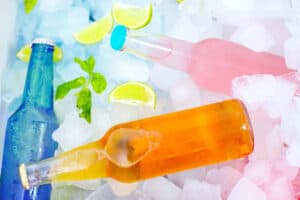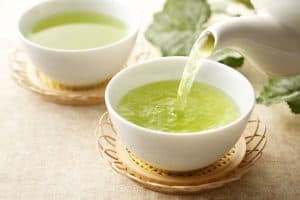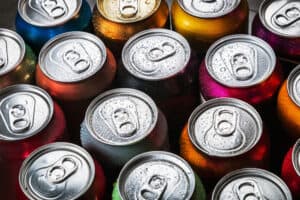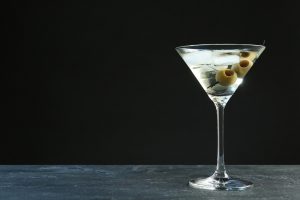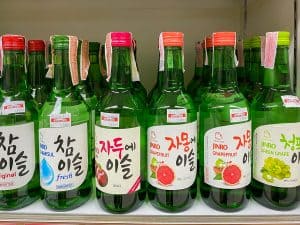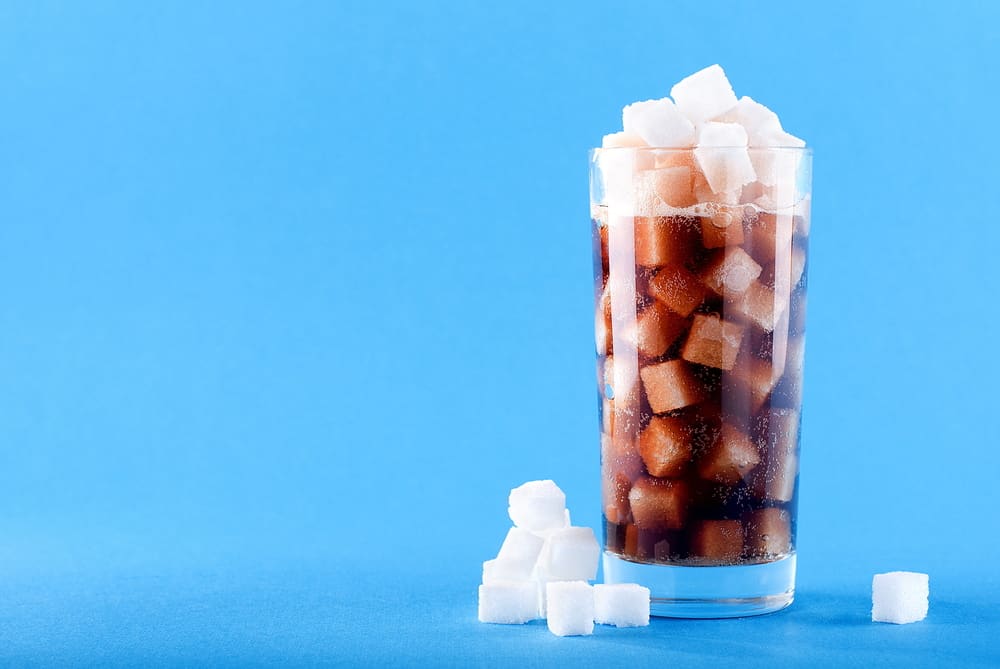
Over the years, sugar has become a vital part of our lives, but it’s a no-brainer that overeating sugar is detrimental. Sugar is linked to an increased risk of diabetes, obesity, and heart disease. And yet, people still consume too much sugar daily. Why?
Probably because you don’t actually check the nutritional facts on the side of what you drink. A lot of everyday drinks contain a truckload of sugar, luckily, you’ll be enlightened in this article.
For context, the recommended daily sugar intake, according to the AHA, is about 6 teaspoons or 24 grams for most adult women and 9 teaspoons or 36 grams for most adult men.
So what drink has the most sugar?
Mountain Dew tops the list with 46 grams of sugar in a 12 oz. can. Mountain Dew has been in the top 5 most consumed drinks in America since 2014.
Continue reading as we dive into different beverages and the sugar they contain.
Soft Drinks

You already know that soft drinks contain added sugars that aren’t good for you if consumed in excess, but you’re still chugging a can of Coke at 2 am because you probably don’t know the exact amount of sugar it contains.
According to the American Heart Association, American adults ingest an average of 77 grams of sugar per day, more than 3 times the recommended intake for women. Unsurprisingly, beverages constitute 47% of our daily sugar intake, and soft drinks constitute 25%.
Enough of the stats. To put sugar consumption from soda into perspective, one teaspoon of granulated sugar equals 4 grams of sugar in soda. So for every can of Coke you consume, you’re ingesting approximately 9.75 teaspoons of sugar. Here is the sugar content of some of your favorite sodas:
- 12 oz. can of Mountain Dew – 46g of sugar
- 12 oz. can of Fanta – 44g of sugar
- 12 oz. can of Dr. Pepper – 40g of sugar
- 12 oz. can of Coke – 39g of sugar
Does Diet Soda Have Less Sugar?
Yes, diet soda usually contains little or no sugar as the sugar in it is replaced with artificial sweeteners, like aspartame or saccharin, to achieve the same sweet taste. Hence, manufacturers claim it’s a healthier option but is it really? Research has shown that, like regular soda, diet soda also has some disease risks.
Artificial sweeteners make you crave sugar and may change how the body responds to sweet flavors. Despite the evidence to the contrary, diet soda remains a healthy way to cut down on sugar intake from soda and enjoy the refreshing taste of your favorite drink.
Diet Coke Vs. Coke Zero
Coke zero contains many artificial sweeteners to make up for the lack of sugar in it. It has zero sugar and calories but still has the familiar coke flavor. Diet coke, on the other hand, tastes slightly different from regular Coke but has no sugar and calories.
So, in essence, both drinks are calorie and sugar-free, but Coke Zero tastes more like the original Coke, and Diet Coke has a blend of flavors that give it a lighter taste.
Energy Drinks

Energy drinks really give you energy, but how they give you energy is by containing large amounts of caffeine, added sugars, legal stimulants, and other additives. A mix of these ingredients increases your alertness, energy, heart rate, and blood pressure.
These enhanced features last for a short time, though, because after a few hours, there won’t be any caffeine and stimulants left to produce any significant energy.
Although most energy drinks don’t have as much sugar as sodas, they still have a significant amount. Here is the sugar content of some of your energy drinks:
- 12 oz. of Rockstar energy drink – 46g of sugar
- 12 oz. of Monster energy drink – 37g of sugar
- 12 oz. of Red Bull energy drink – 34g of sugar
Juices and Lemonades

I know they’re supposed to be natural, but unless your favorite juice is 100% natural, it may contain added sugars that are detrimental if consumed in excess.
Juicing releases the sugar in fruits and removes the insoluble fiber. So a lemonade can have as much sugar as a can of soda. All fruit juices, be it orange, apple, or mango, are high in sugar, except they specify that they’re 100% natural.
A 20 oz. bottle of Minute Maid Lemonade has 67 g of sugar and an 8 oz. glass of Minute Maid Premium Original Orange Juice has 23 g of sugar.
Milk Drinks

Even your healthy milk has sugar. An 8 oz. glass of Nesquik chocolate milk has 29 g of sugar. However, the sugar in milk comes from a naturally occurring sugar called lactose. Your body breaks down lactose into glucose and galactose, which gives you energy.
Unlike added sugars, the sugar in milk isn’t harmful and is actually beneficial for your body and brain. Milk also has more protein than sugar.
If your parents didn’t let you have all the milkshakes you wanted as a kid because they said it was unhealthy, consider pressing charges. Milkshakes are the opposite of unhealthy. They fill you up quickly, they’re made of milk, so they nourish you with protein, and they help for healthy skin and hair.
The only drawback is that they’re high in calories, so they can cause weight gain if consumed in excess, but there’s another way around that–low-calorie milkshakes.
Final Thoughts
I’m not telling you to avoid any of the beverages listed. Like everything else in life, moderation is key. Sugar is like fuel for your body, but if consumed in excess, it becomes a pollutant. You don’t have to take soda every time you’re thirsty. Replace that Coke with water from time to time.
If you’re not a fan of water, plain coffee or tea without added sweeteners can quench your thirst and even provide additional health benefits.

